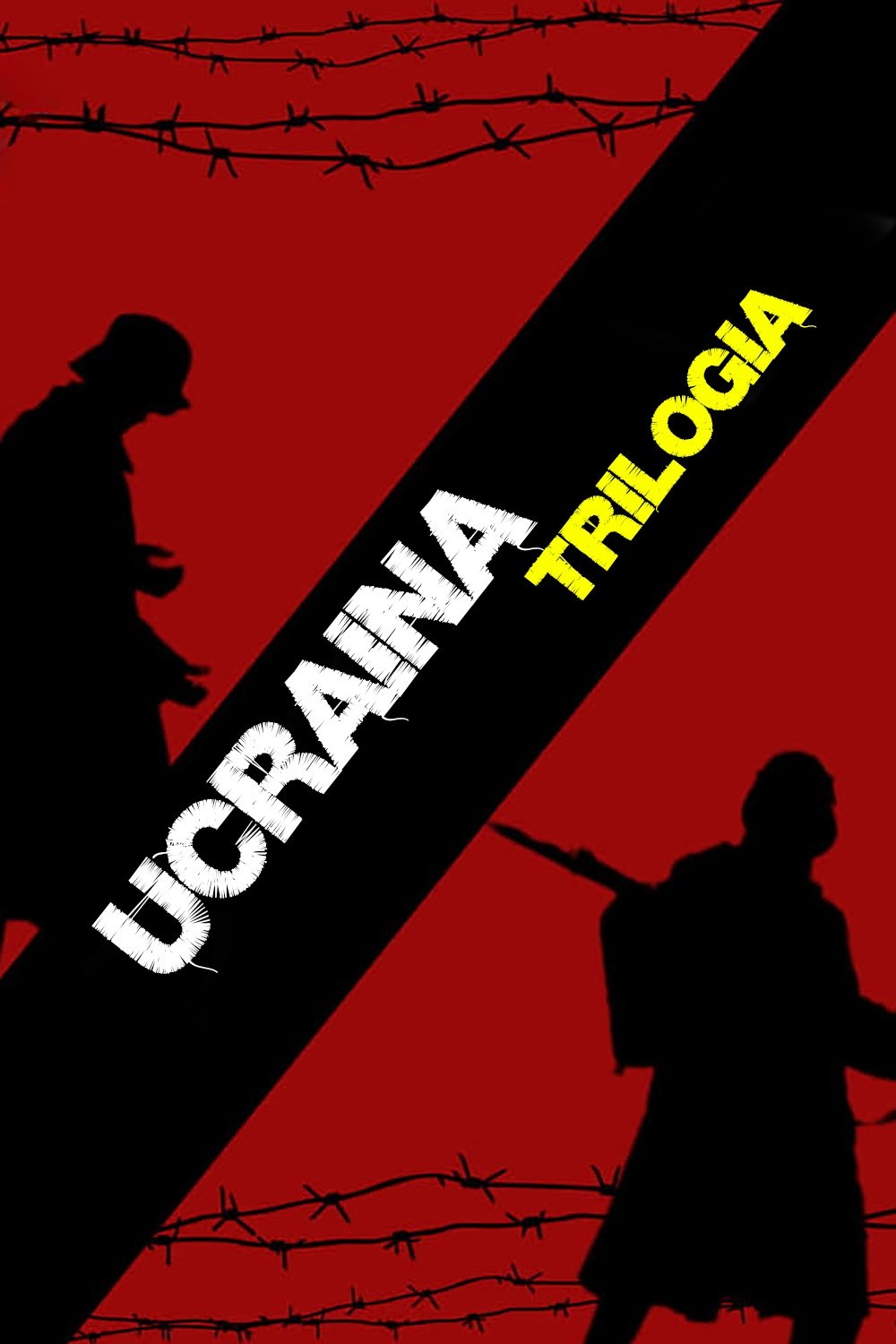
Ukraine Trilogy
(EN)
Number of Movies: 3
Overview
Alexander Dovzhenko's "Ukraine Trilogy" (Zvenigora, Arsenal, and Earth), although underappreciated by some contemporary Soviet critics (who found some of its realism counter-revolutionary), is his most well-known work in the West.
Featured Cast
Tymish
a German soldier
a German officer
a German officer
Petliura
a nationalist with a lamp
dead German soldier
Mykhailo Sadovskyi
a Red Army soldier
nationalist
Nicholas II
workman
Featured Crew
Directing
Directing
Camera
Directing
Writing
3 Movies
April 13, 1928
The momentous film stars Mykola Nademskyi as the grandfather of Tymish, whom he alerts to the secret treasure buried in the mountains of Zvenygora – a treasure that rightfully belongs to his homeland. The film wonderfully blends both lyricism and politics and uses its central construct to build a montage praising Ukrainian industrialization, attacking the bourgeoisie, celebrating the beauty of the Ukrainian steppe and retelling ancient folklore. Sergei Eisenstein said of the film, "As the lights went on, we felt that we had just witnessed a memorable event in the development of the cinema".
April 8, 1930
The film tells about the creation of the first collective farm communes and class enmity. Vasyl, a member of the Komsomol, with the help of a local party organization, gets a tractor and plows private boundaries "on kulak fields." However, this enthusiasm will cost him dearly.
February 25, 1929
A soldier returns to Kyiv after surviving a train crash and encounters clashes between nationalists and collectivists. The story of the suppression of the Bolshevik uprising at the Arsenal factory in Kyiv by the Central Council troops.
© All Rights Reserved 2026